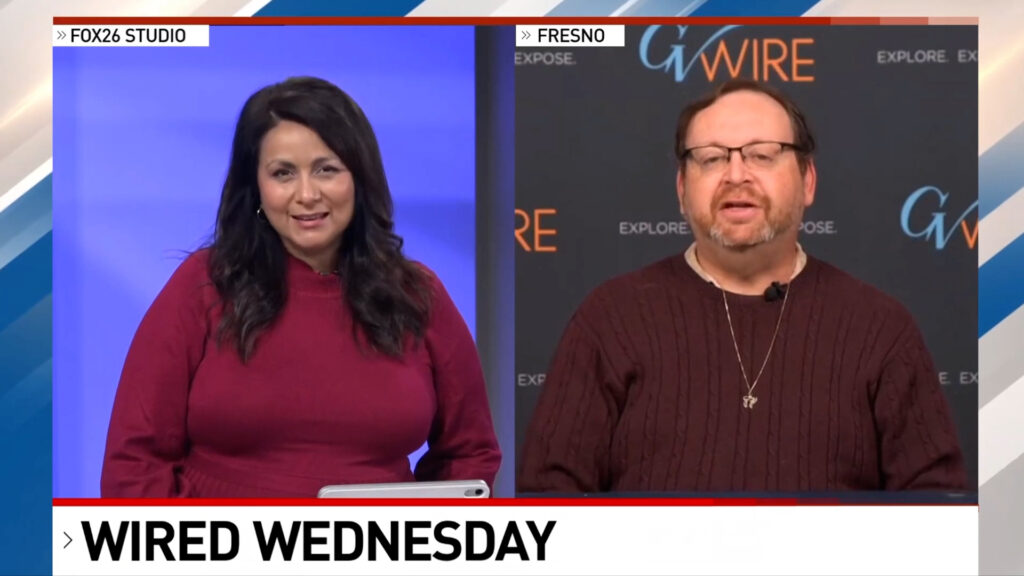Gov. Gavin Newsom of California is accompanied by California and Texas lawmakers as he speaks in support of the Texas Democratic legislators for their walkout, at the Governor's Mansion in Sacramento, Calif., Aug. 8, 2025. Newsom vetoed bills that would have provided tangible benefits to descendants of slavery, though he approved a state reparations agency. (Andri Tambunan/The New York Times)

- California’s ambitious reparations movement has slowed, revealing political and public resistance despite early momentum and landmark task force work.
- Gov. Gavin Newsom signed a bill creating a reparations agency but vetoed key benefit measures for slavery descendants.
- National politics, Supreme Court rulings, and waning public support are reshaping California’s once-bold stance on racial justice.
Share
|
Getting your Trinity Audio player ready...
|
SACRAMENTO, Calif. — Just a few years ago, it seemed that California would be the first state to provide reparations to Black residents whose ancestors were enslaved.
In 2020, California created the first state task force to study how to remedy the harms caused by slavery, an issue that had long been discussed but rarely acted upon. Three years later, that panel recommended more than 100 ideas, including $1.2 million payments for some older Black Californians.
But since then, California’s movement toward reparations has slowed as state leaders have had to decide whether to spend actual tax dollars on tangible benefits and as the public remains opposed to providing compensation.
Gov. Gavin Newsom, a Democrat, signed legislation this month to create a state agency that will determine who qualifies as a descendant of slavery. But he vetoed measures that would have given descendants preference in college admissions, home loan assistance and restitution for property seized in past years by the government through eminent domain.
“Establishing this agency is an incredibly powerful demonstration and first step, but many folks are past the window-dressing moment,” said Isaac Bryan, a Democratic Assembly member who wrote the college admissions bill.
California Softens Embrace of Racial Justice
The slow progress shows that even liberal California has softened its embrace of racial justice after the Minneapolis police killing of George Floyd in 2020.
President Donald Trump has had a chilling effect this year as he has canceled federal diversity programs, scrutinized universities over racial preferences and discouraged the Smithsonian Institution from focusing on “how bad slavery was.”
The Supreme Court’s 2023 decision banning affirmative action has also complicated some efforts. In objecting to the bill that would give admissions preference to descendants of slavery, Rosilicie Ochoa Bogh, a Republican state senator, questioned how the policy could pass constitutional muster.
And Newsom may have less political motivation than he did before as he weighs the possibility of running for president in 2028. As a party, Democrats are grappling with the possibility that one reason they have lost power was that they focused too much on identity politics.
In a 2021 Pew Research Center survey, 68% of Americans said the descendants of people enslaved in the United States should not be repaid in some way, a feeling largely held by respondents who were white, Asian or Hispanic. But 77% of Black Americans said they supported reparations.
—
This article originally appeared in The New York Times.
By Laurel Rosenhall/Andri Tambunan
c. 2025 The New York Times Company



















